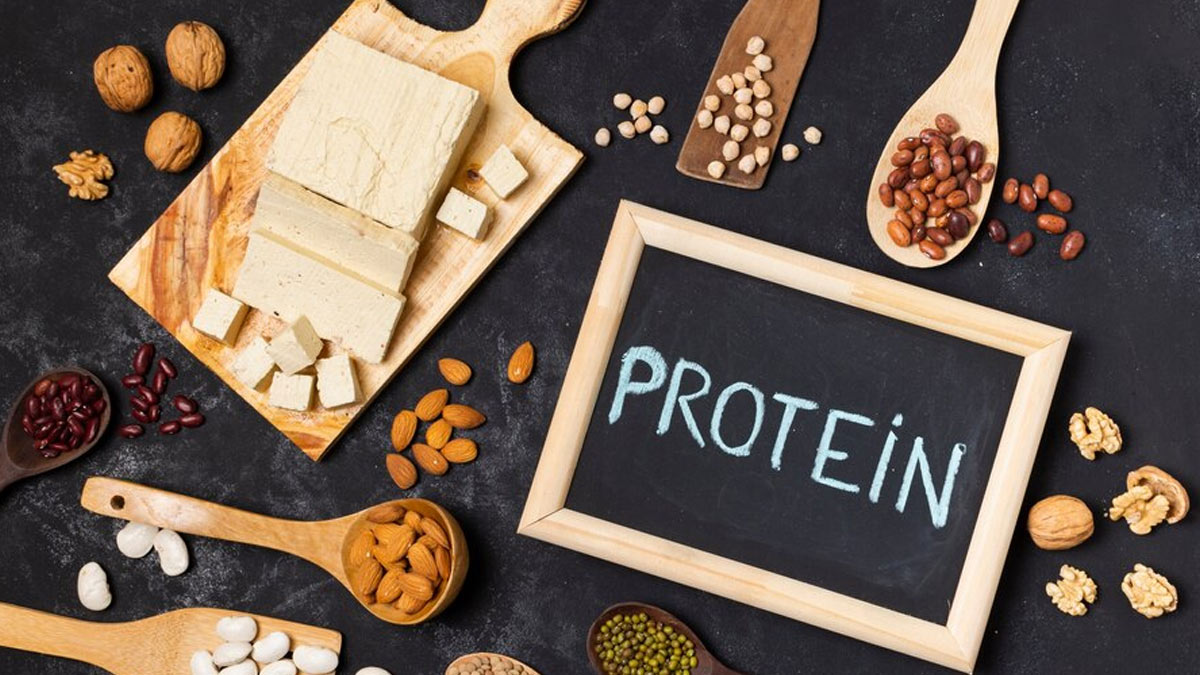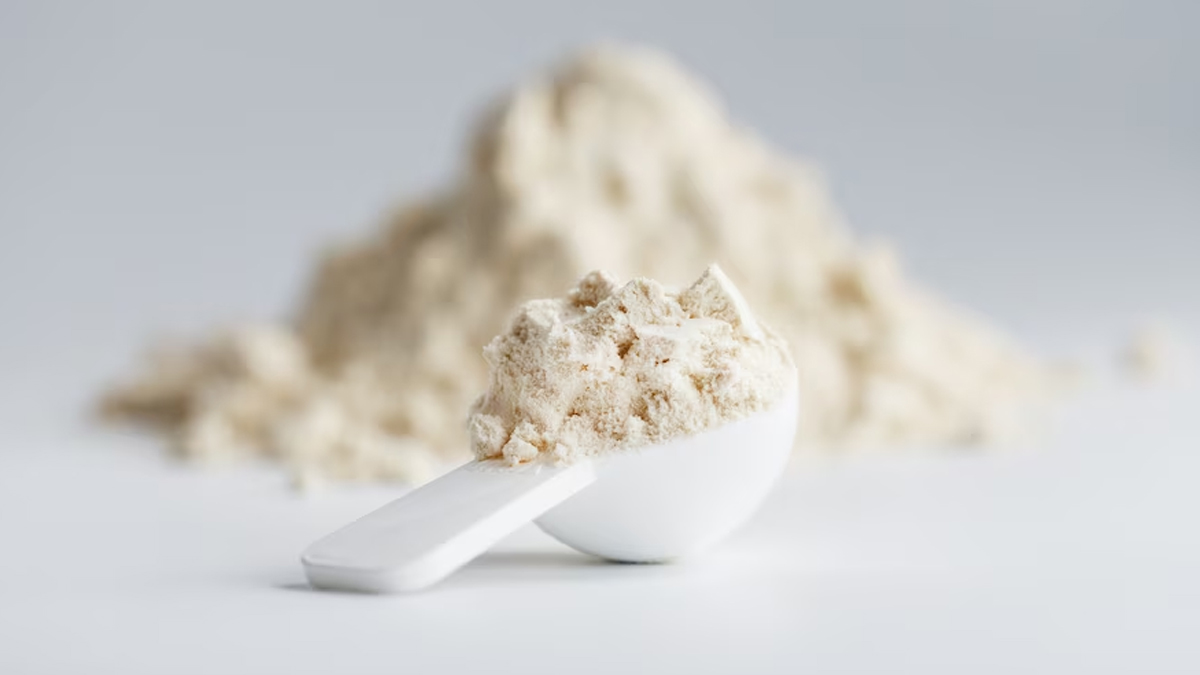
Women's mood, metabolism, reproductive health, and general well-being are just a few physiological processes hormones regulate. Hence the importance of keeping your hormones in check should be stressed more.
Table of Content:-
Talking to the Onlymyhealth team, Priti Korgaonkar, Nutritionist, AS-IT-IS Nutrition said that hormonal equilibrium can only be sustained by a well-balanced diet, especially one high in protein. “Amino acid-based proteins are the building blocks of hormones and enzymes, and they are essential for the synthesis, control, and operation of hormones,’ she said. Here's a deep dive into how protein balances hormones in women.
How Protein Aids Hormone Synthesis In Women
Priti Kargaokar said that proteins are essential for the body's synthesis of several hormones, explaining that “these hormones are made by the body from amino acids found in food proteins.” She listed:
- Leptin which governs hunger
- Insulin which controls blood sugar levels
- One amino acid that is present in meals high in protein is tryptophan, which is a precursor to serotonin, a neurotransmitter that controls mood and sleep.
- The synthesis of thyroid hormones, which control metabolism, depends on the amino acid tyrosine.

How Protein Regulates Blood Sugar
According to the National Library of Medicine, hormonal balance, especially for insulin, depends on steady blood sugar levels.
“Because a high-protein diet slows the rate at which sugar enters the system, it can help regulate blood sugar levels. By doing this, blood sugar fluctuations that cause insulin resistance—a disorder that throws off hormonal balance and is connected to Polycystic Ovarian Syndrome—are avoided,” said Kargaokar.
Thus, getting enough protein at each meal will help you stay in a stable energy state and lower your chance of becoming insulin-resistant.
Protein Aids Weight loss
Hormonal health depends on reaching and keeping a healthy weight, found a study published in the Journal of Nutrition and Metabolism.
“Overweight, especially in the belly area, can cause estrogen abnormalities that might impact fertility and menstrual cycles. It is well known that protein increases satiety, decreases cravings, and speeds up metabolism, all of which help with weight management. Maintaining a healthy metabolism during weight reduction requires lean muscle mass, which is something that a higher protein diet can assist sustain,” said Kargaokar.
Also Read: The Benefits of a High Protein Diet During Menopause for Women: Here’s What You Should Eat

Protein Helps Deals With Stress
“Prolonged stress can cause high amounts of cortisol, a stress hormone that can throw off hormonal equilibrium and cause mood fluctuations, weight gain, and insomnia,” said Kargaokar.
She suggested that consuming enough protein promotes the synthesis of neurotransmitters that are important for controlling mood and stress, such as dopamine and serotonin.
Moreover, “Tryptophan is one amino acid that can help control how the body reacts to stress, which lowers cortisol levels and fosters relaxation,” said Kargaokar.
Proteins Boost Reproductive Health
Proteins are essential for women's reproductive health. Kargaokar explained, “Proteins serve as the basis for hormones that control the menstrual cycle and ovulation, such as follicle-stimulating hormone (FSH) and luteinising hormone (LH).”
She added, “A sufficient amount of protein guarantees that the body has the essential amino acids for the efficient synthesis of these hormones.”
Furthermore, she relayed that healthy protein consumption aids in the liver's detoxification functions by facilitating the metabolism and excretion of excess hormones like estrogen, which helps to avoid hormonal imbalances.
Also Read: Fertility Expert’s Recipe Of PCOS Friendly Protein Balls
Protein Helps Maintain Hormonal Equilibrium In Women
In women, protein has a variety of functions related to preserving hormonal equilibrium. Kargaokar concluded that adequate protein intake is critical for general health, from blood sugar regulation and hormone synthesis to stress management and reproductive health.
Keep in mind that moderation and balance are essential while including a range of high-quality protein sources in your diet, and it's always good to speak with a doctor or nutritionist to customise your diet to meet your specific needs.
Also watch this video
How we keep this article up to date:
We work with experts and keep a close eye on the latest in health and wellness. Whenever there is a new research or helpful information, we update our articles with accurate and useful advice.
Current Version